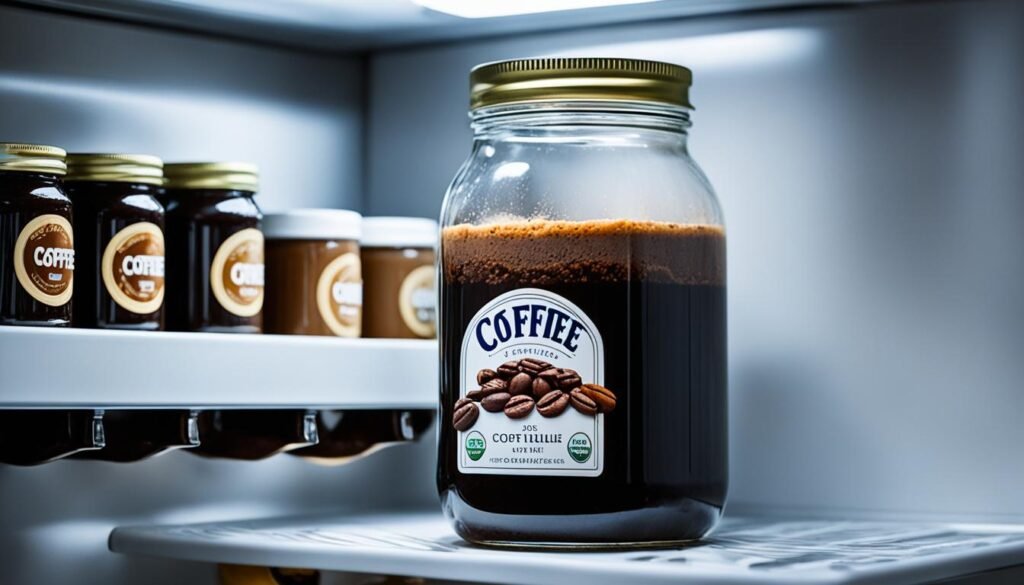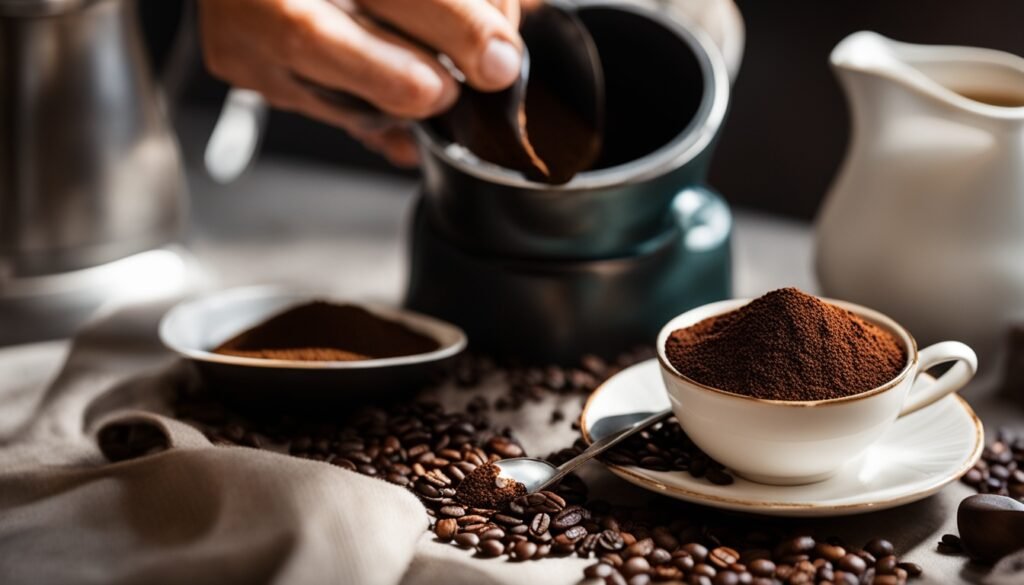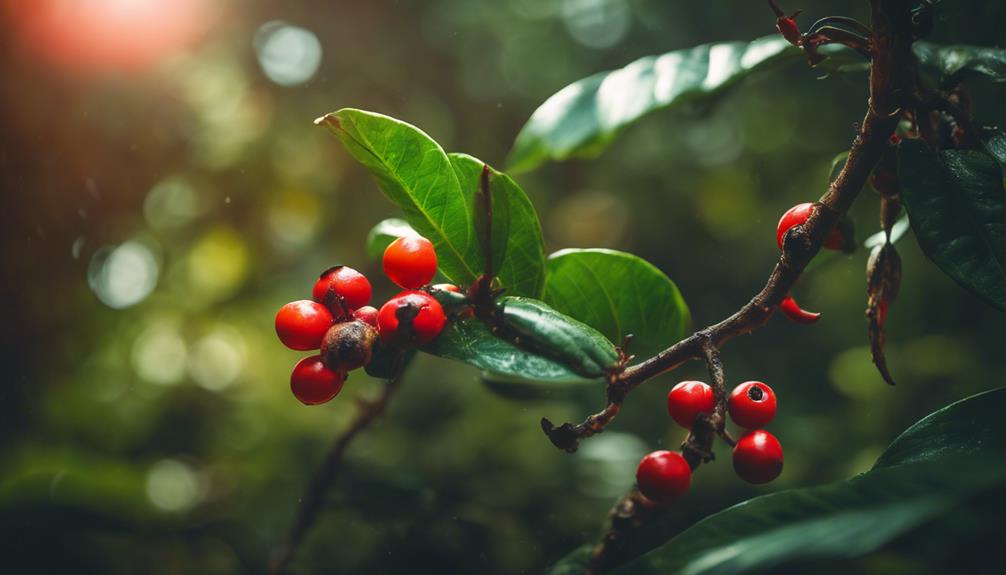Coffee grounds offer numerous benefits to pepper plants, providing essential nutrients like nitrogen, calcium, and potassium. They enhance soil aeration, repel insects, and attract earthworms that boost soil health.
However, excessive use can harm plants by disrupting soil pH and causing nitrogen toxicity, leading to reduced fruit production. The caffeine in coffee grounds can also stunt plant growth.
To ensure optimal results, it's best to use them in moderation, mix them into compost, or apply as a thin mulch layer. This balanced approach will promote healthy pepper plants without the risk of over-acidity or excessive nitrogen levels.
For expert tips and practices to maximize your gardening success, consider additional guidance tailored to your specific needs.
Benefits of Coffee Grounds
Coffee grounds provide a range of benefits for pepper plants by supplying essential nutrients like nitrogen, calcium, potassium, copper, and phosphorus. Nitrogen, for example, plays a crucial role in promoting sturdy stems, strong root systems, and vibrant leaf growth.
Additionally, coffee grounds aid in detoxifying the soil, improving its overall health. They also boost soil aeration, which is vital for root development, and help in retaining moisture, ensuring that pepper plants receive adequate water.
Furthermore, coffee grounds can act as a natural insect repellent, warding off harmful pests and fighting against plant diseases, thus creating a healthier environment for growth. Their presence also attracts earthworms, which further enrich the soil with their nutrient-rich castings.
In essence, using coffee grounds enhances the growth of pepper plants through improved soil conditions and essential nutrient supplementation.
Application Methods
To optimize the benefits of coffee grounds for pepper plants, you can use several effective application methods. These techniques ensure the delivery of nutrients and promote soil health, benefiting your pepper plants significantly.
- Direct Soil Application: Simply mix used coffee grounds directly into the topsoil around your pepper plants to boost the nutrient content available to them.
- Composting: Incorporate coffee grounds into your compost pile, along with brown materials, to create nutrient-rich compost that can nourish your plants.
- Mulching: Spread a thin layer of coffee grounds on the soil surface as mulch. This not only helps in moisture retention but also acts as a natural pest deterrent.
- Liquid Fertilizer: Steep coffee grounds in water for a few days to create a liquid fertilizer. You can then use this nutrient-rich solution to water your pepper plants effectively.
Potential Harm to Peppers
While coffee grounds can offer various benefits, it's important to be cautious of potential harm to pepper plants from overuse. Excessive application can disrupt the soil's pH balance, hindering nutrient absorption.
High nitrogen levels from coffee grounds can lead to nitrogen toxicity, promoting excessive leaf growth at the expense of fruit production. The caffeine in coffee grounds may also stunt growth and shock the plants.
To mitigate these risks, moderation is key. Monitoring the quantity and frequency of coffee ground applications is crucial to safeguard the health and productivity of pepper plants.
Best Practices
To ensure the best results when using coffee grounds on pepper plants, it's essential to follow these practical guidelines:
- Moderation: Use coffee grounds in moderation to avoid any nitrogen or acidity imbalances. It's best to mix them with other compost materials for a balanced approach.
- Composting: Incorporate coffee grounds into your compost at a ratio of 10-20%, mixing them with brown materials like leaves or straw. This helps to neutralize any acidity present.
- Direct Application: When adding coffee grounds directly to the soil, make sure to use used coffee grounds and mix them well to prevent clumping.
- Mulching: Apply a thin layer of coffee grounds as mulch to help retain soil moisture and deter pests. Avoid creating a thick barrier that could restrict airflow.
Final Considerations
To conclude, it's vital to keep in mind that using coffee grounds can significantly benefit your pepper plants when done carefully. These grounds offer essential nutrients and improve soil quality if used in moderation. However, it's crucial to be cautious to avoid potential harm from excessive acidity or nitrogen levels.
Incorporating used coffee grounds into compost or as a thin mulch layer can provide long-term advantages. Start early in your plant's growth cycle and maintain a balanced approach to prevent any negative effects.
Conclusion
In conclusion, coffee grounds can be both beneficial and harmful to pepper plants. While they offer nutrients and improve soil quality, improper use can lead to issues like soil acidity and nitrogen overload.
To maximize the benefits and minimize the risks, it's crucial to apply them carefully and in moderation. By finding the right balance, gardeners can help their pepper plants thrive and grow vibrantly, much like a finely tuned instrument creating beautiful melodies.












